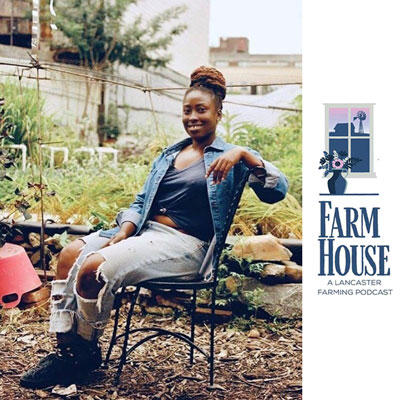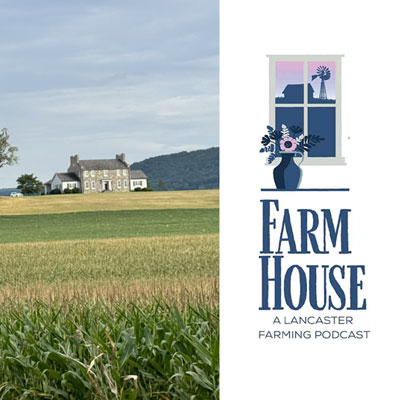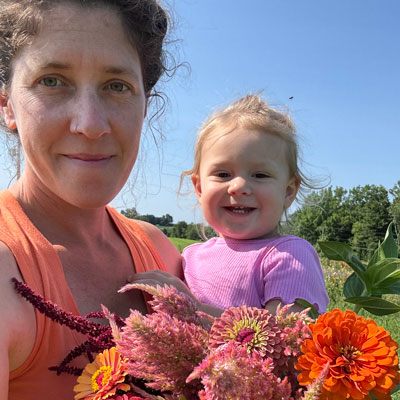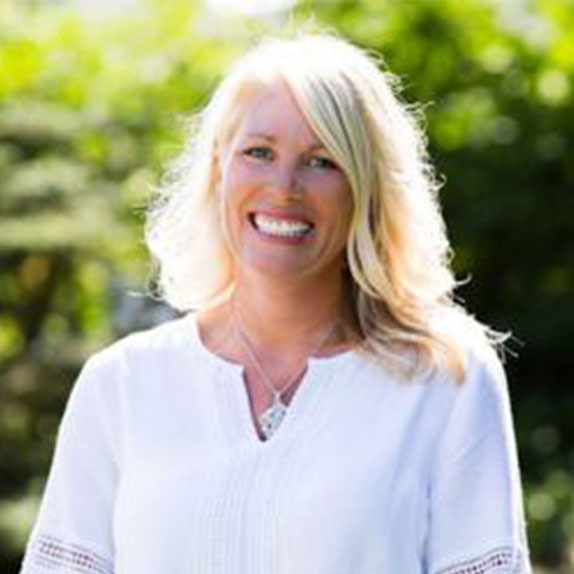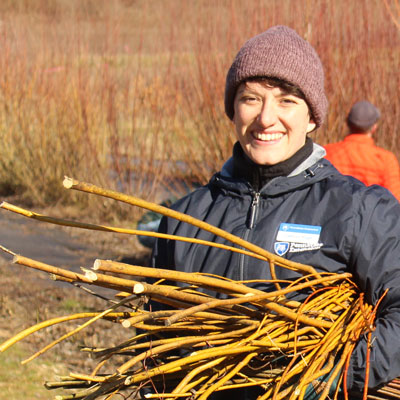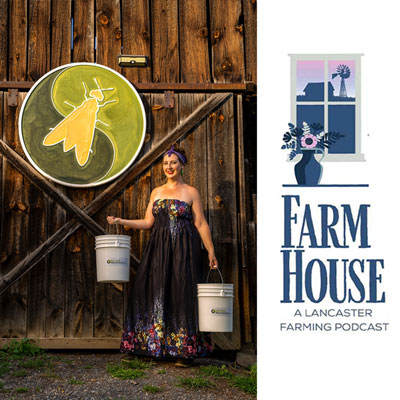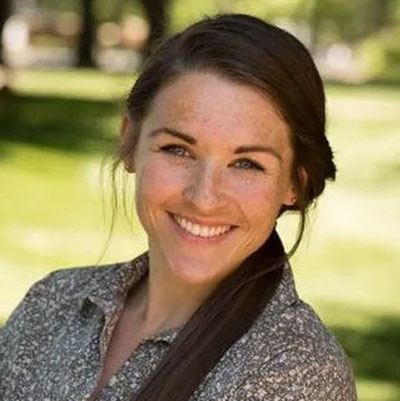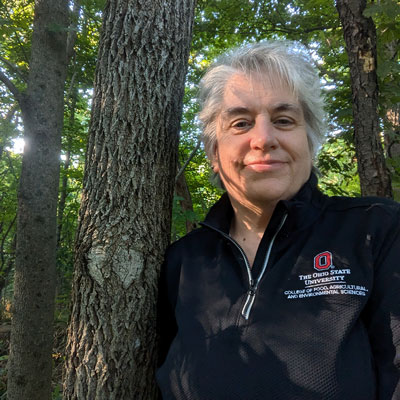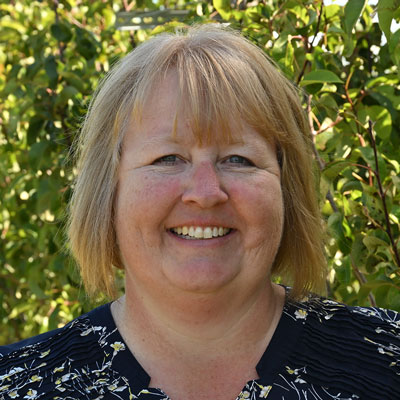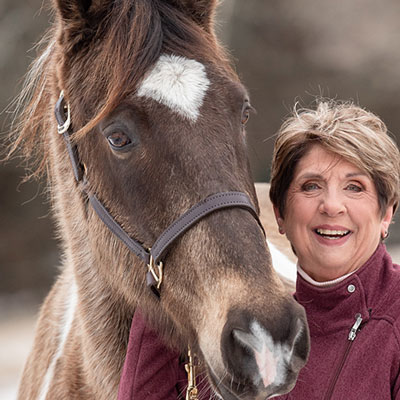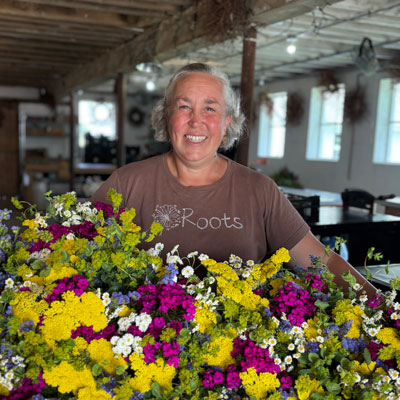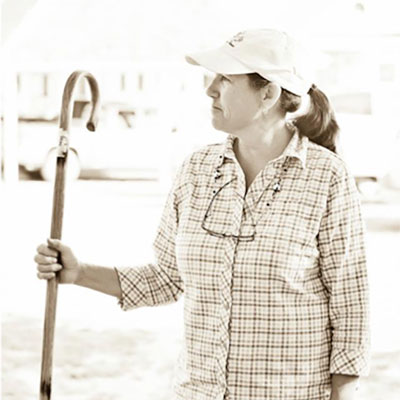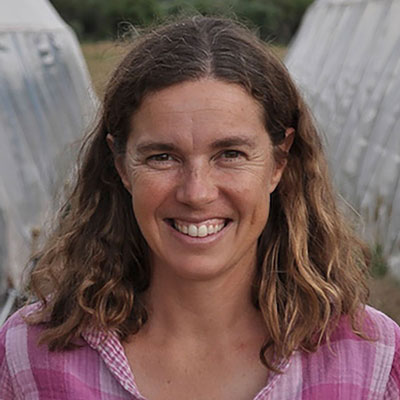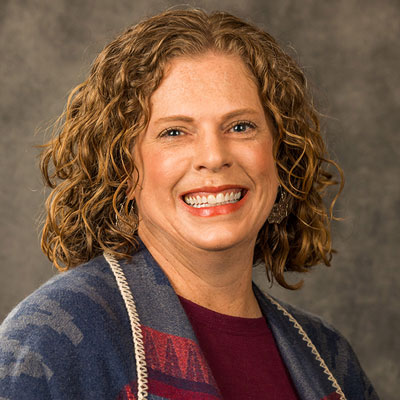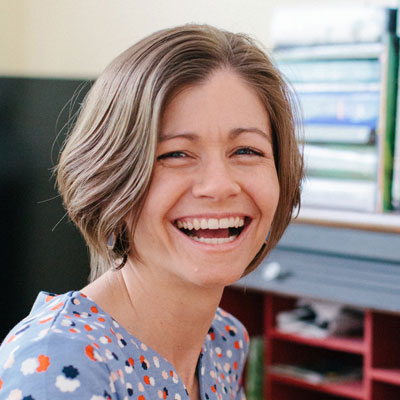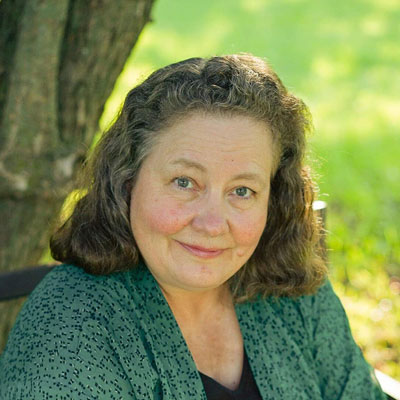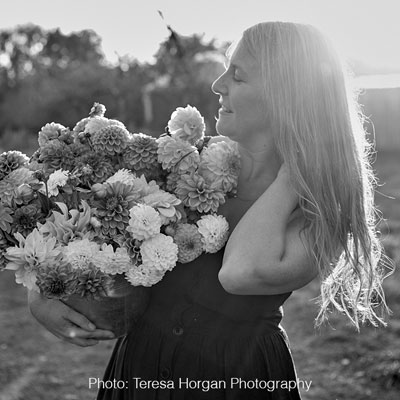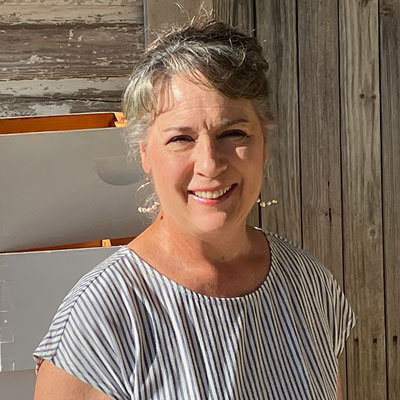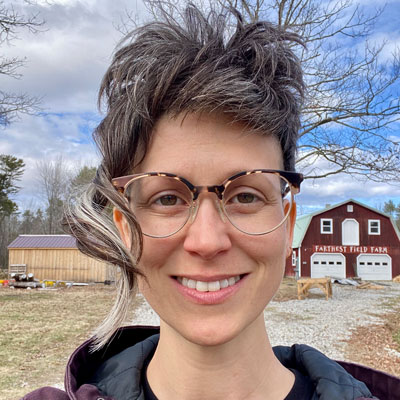Aquaponics and Giving Back to the Community With Yemi Amu
Description
This week on the FarmHouse, a podcast by Lancaster Farming, we're talking with Yemi Amu, the founder and director of Oko Farms, an outdoor aquaponics farm and education center in Brooklyn, New York.
Amu is originally from Nigeria and belongs to the Yoruba ethnic group. Her Yoruba roots have influenced much of her work in the U.S., from the name of her operation to the style of farming. Oko is a Yoruba word that loosely translates to farm, but in fact has a deeper tie to agriculture.
"The true meaning is a place where agriculture is the center of life and activity," Amu said. "And that's sort of what we're trying to to build at Oko Farms."
Amu was drawn to aquaponics in part because water conservation, which is a pressing issue in Nigeria, is inherently integrated into its farming methods.
"I was born and raised in Lagos, Nigeria, and water conservation was huge for us," Amu said. "So type of aquaculture that centered as a type of agriculture, food production that centered water conservation, was a big deal for me."
Oko Farms grows a variety of vegetables, fruits and herbs, which are sold at farmers markets. It also grows fiber-producing plants like flax, which, along with indigo and dye plants, has drawn people interested in textile and fiber arts to the farm.
The other side of the aquaponics operation is the fish. Oko Farms features a variety, including carp, catfish and tilapia. Some of the fish are used solely for farming while other are used for food, sometimes at farm-to-table meals or given away to community fridges.
Community is at the heart of Oko Farms, which strives in its mission to educate the public. The farm offers classes on wellness, culinary education, textile arts and, of course, aquaponics.
Amu and her team welcome visitors to the farm for tours and classes on how they can use aquaponics to grow food for themselves — even if it's on their windowsills or countertops. It's all about sustainability and addressing food justice.
"Anyone, anywhere in the world should be able to grow food for themselves if they choose to," said Amu.

